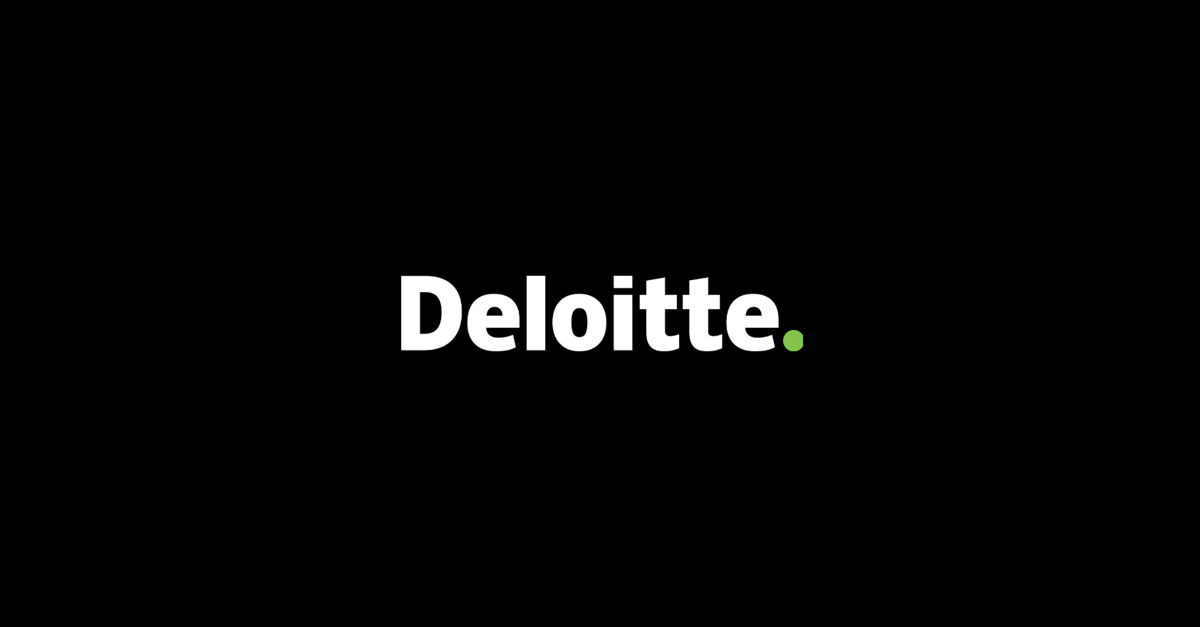Holy wow, you had that ready and waiting to apply didn't you lol
On a serious note, above I state that most data theft breaches "around 90%" happen from phishing, this is literally negated by good habits. By understanding what to look for in emails and scams. To question things legitimacy.
I mean, it feels like analogy time.
Let's take an average person, that can barely understand how to drive a car, place them in war, in a tank, and tell them your ok, you have armor now, you can drive right through the worst of it with no worries. They are now tooling along thinking they are invincible until that antitank weapon slaps them with reality.
Its a ridiculous argument, without proper knowledge all these tools are pointless. If you can not understand simple habits, you will certainly not understand complicated layered security. If you can not understand layered security, you are using, you are actually placing yourself in a wider attack surface most likely from misconfiguration.
Ask most businesses where the weakest point is in their IT strategy , and realize this is generally the case for home users too.





